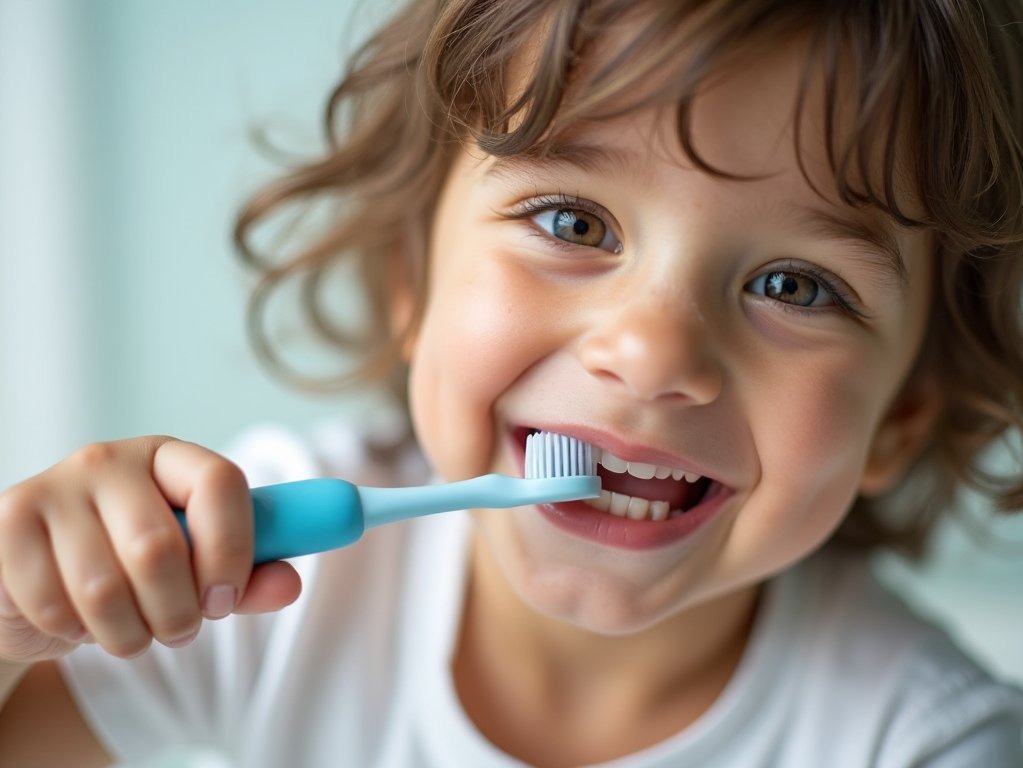
Why Toothbrushing Programs Matter for Young Children
Childhood tooth decay is a significant public health concern in the UK, leading to discomfort, poor academic performance, and costly dental treatments. Supervised toothbrushing programs have emerged as vital initiatives aimed at improving dental hygiene among children, particularly those aged three to five. As recent research from the universities of Leeds and Sheffield notes, while there has been progress in implementing these programs, significant barriers still exist that must be dismantled to ensure that every child has the chance for a healthy smile.
Barriers to Implementation: Funding and Resources
The findings from the latest survey reveal that despite an increase in the number of supervised toothbrushing initiatives since April 2022, several challenges continue to impede their success. Key among these are issues of funding, time constraints within schools and nurseries, and competing priorities for educators and parents alike. Addressing these barriers is essential, especially in the most deprived areas of England where children may lack access to essential oral health resources.
Government Support and Public Health Campaigns
As highlighted by the researchers, recent government pledges to enhance children's oral health, including a specific focus on implementing supervised toothbrushing programs, signal a shift in public health priorities. This increased recognition correlates with a broader understanding of the long-term benefits of good oral hygiene practices. However, commitment translates into action only when adequate funding and resources are allocated, allowing schools and communities to establish these crucial health programs effectively.
The Role of the BRUSH Project
The BRUSH project represents a coordinated effort backed by the National Institute for Health and Care Research (NIHR) to study and promote supervised toothbrushing schemes throughout the UK. By providing a free online toolkit, the BRUSH initiative empowers educational institutions to implement best practices tailored to their unique populations. Professor Peter Day emphasizes the importance of this toolkit, noting that practical examples can drive implementation and protect children's oral health.
Real-Life Impact: Success Stories from Schools
In communities where these toothbrushing programs have been established, reports indicate a notable improvement in children's oral health. Success stories from schools across England showcase the positive impact of just ten minutes of supervised brushing each day. For parents, entrusting their child's dental care to trained professionals within the school system fosters peace of mind, allowing families to prioritize other aspects of their busy lives.
Future Trends in Children’s Oral Health Initiatives
Looking ahead, the momentum generated by these programs may pave the way for wider health initiatives that address various aspects of child well-being. With a growing emphasis on preventative health measures, the integration of supervised toothbrushing into school curriculums could be a stepping stone toward broader health education frameworks. This proactive approach not only prioritizes oral health but also instills lifelong habits of cleanliness and self-care in young minds.
Conclusion: The Call to Action
With childhood tooth decay posing an ongoing challenge, it is vital for both local and national governments to recognize the value of enhanced oral health programs. By dismantling existing barriers and providing necessary funding, the government can fulfill its commitment to healthier futures for children. Additionally, communities and parents can advocate for these initiatives, positively influencing local decisions and ensuring that every child has access to the healthcare services they deserve.
Let’s join forces to create a healthier generation! Support local initiatives and call for dedicated funding to realize the dream of a cavity-free childhood.
 Add Row
Add Row  Add
Add 




Write A Comment